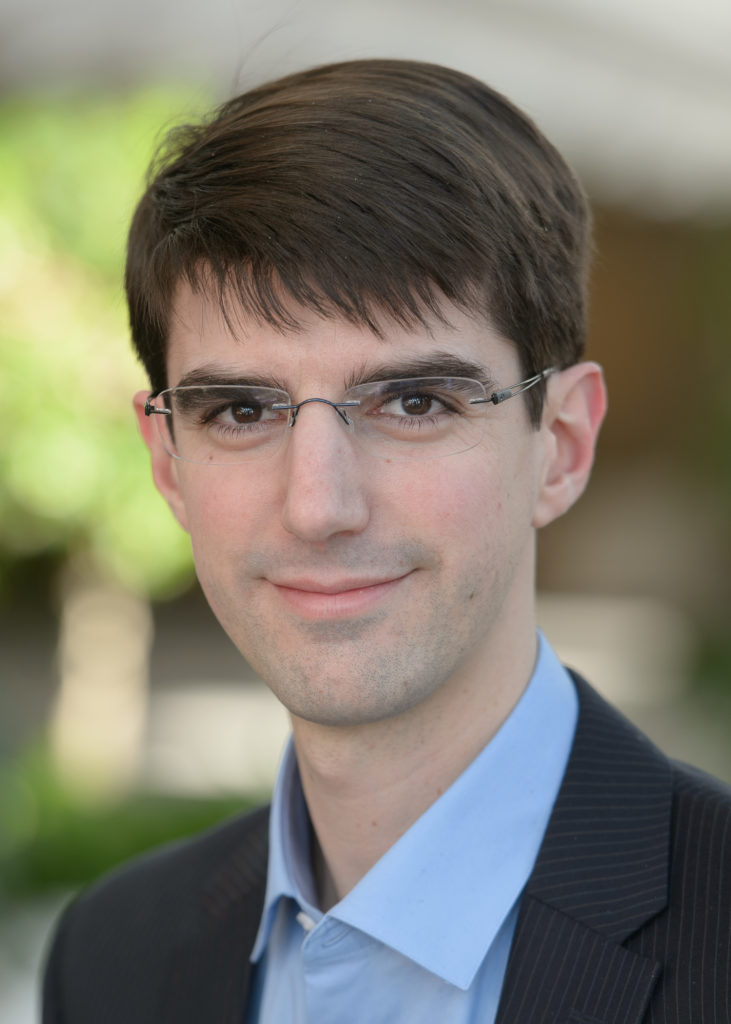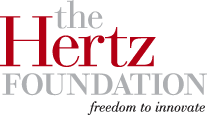Archive for October 2019
How to Deliver the Goods Through Application of Quality Assurance Principles
SPEAKER: DAREN JENSEN DATE/TIME: MON, 10/30/2019 – 6:00PM TO 7:00PM LOCATION: 3105 ETCHEVERRY HALL Fall 2019 Colloquium Series Abstract: This colloquium will discuss why it is important to embrace quality assurance principles for research programs in order to create a competitive advantage, enhance the research reputation, and gain customer confidence: “delivering the goods”. About the…
Read MoreThe Single Volume Camera Project Overview
SPEAKER: Melinda Sweeny DATE/TIME: MON, 10/21/2019 – 4:00PM TO 5:00PM LOCATION: 3105 ETCHEVERRY HALL Fall 2019 Colloquium Series Co-Hosted with NSSC Abstract: The Single Volume Scatter Camera (SVSC) Collaboration is multi-institution effort lead by Sandia National Laboratories to develop portable neutron imaging systems for a variety of applications in non-proliferation and arms control. Current state-of-the-art kinematic neutron…
Read MoreStatus of the Versatile Test Reactor program
SPEAKER: FLORENT HEIDET Manager, Advanced Nuclear Energy Systems group DATE/TIME: MON, 10/14/2019 – 4:00PM TO 5:00PM LOCATION: 3105 ETCHEVERRY HALL Fall 2019 Colloquium Series Abstract: The Versatile Test Reactor (VTR) program is aiming at designing and building an advanced test reactor in the U.S. within 10 years. This reactor will bridge the current capability gap in irradiation…
Read MoreDesigning, modeling, and executing experiments at the Annular Core Research Reactor
SPEAKER: PERRY CHODASH DATE/TIME: MON, 09/18/2019 – 4:00PM TO 5:00PM LOCATION: 3105 ETCHEVERRY HALL Fall 2019 Colloquium Series Abstract: After a 35-year hiatus, Lawrence Livermore National Laboratory is executing a series of experiments looking at the thermostructural response of materials at the Annular Core Research Reactor (ACRR). The purpose of these experiments is to help validate a…
Read MoreThe Hertz Foundation Fellowship
Eligibility Eligible applicants for Hertz Fellowships must be students of the applied physical and biological sciences, mathematics, and engineering who are citizens or permanent residents of the United States of America, and who are willing to morally commit to make their skills available to the United States in time of national emergency (see our Moral Commitment…
Read More


